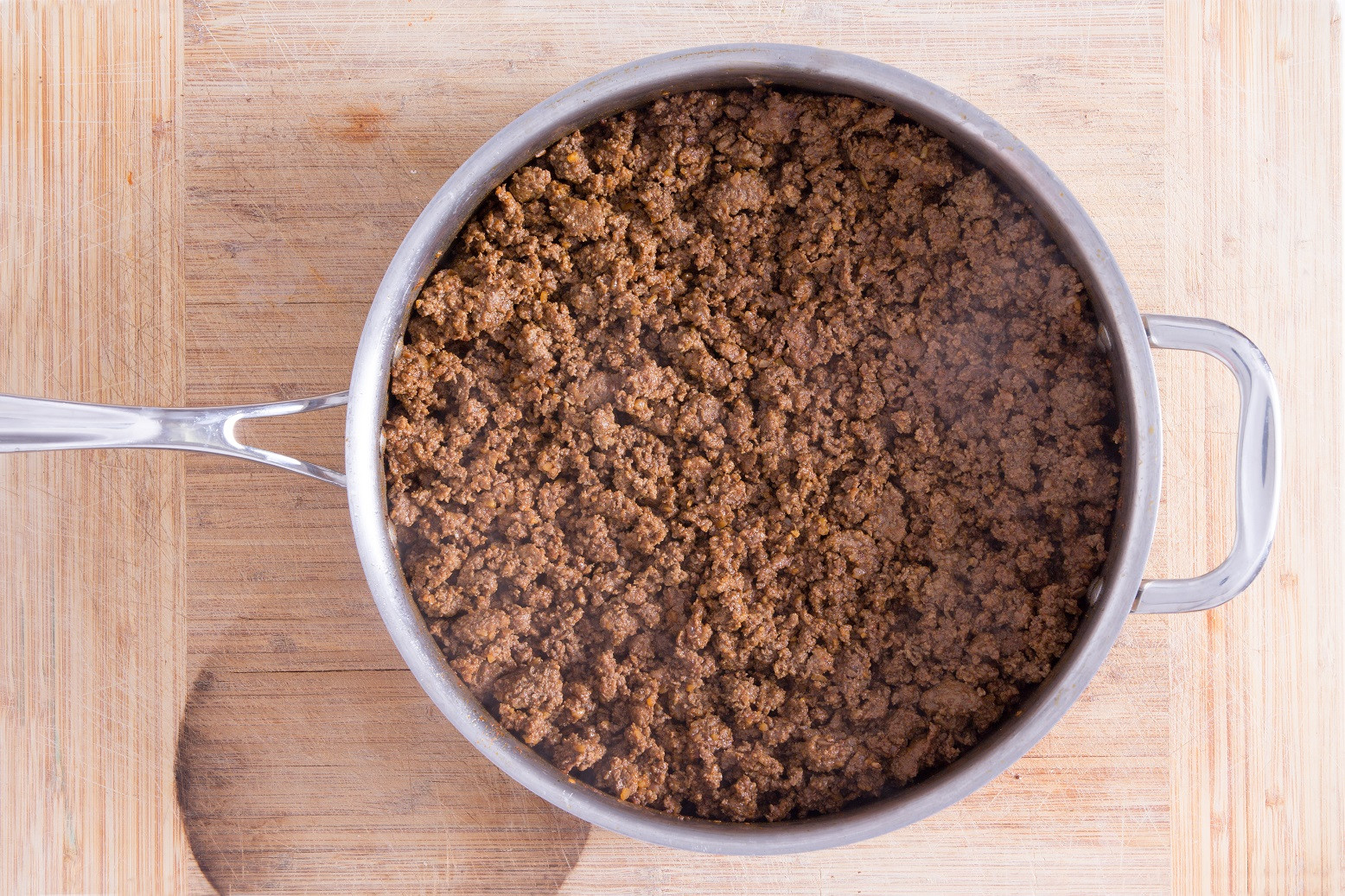The Benefits of Meal Prepping and Which Method is Right for You
posted on
May 24, 2023
The idea of meal prepping has always intrigued me. Whether you are looking to save money and time or trying to meet a specific health goal, meal prepping can be very beneficial. When it comes to actually getting started, I tend to get overwhelmed by where to begin. A good place to start is to understand the benefits of meal prepping and which method will work best for you.
One benefit of meal prepping is that it is a great tool for getting healthier. When you take the time to prep your meals you are more aware of what ingredients are being used, compared to grabbing something processed off of the shelf at the grocery store. The same can be said of takeout. It might be quick and convenient, however, it's usually not as healthy. Another benefit of meal prepping is that you control the portion size. Nowadays when you buy fast food, you are always asked if you would like to supersize it, adding unnecessary calories. Many restaurants have large enough portions to the point where two people can share one meal. Meal prepping, however, can help aid in weight loss and obesity prevention.
Maybe you already prepare healthy meals, but you would like to be more conscious about how much you spend. Meal prepping is a great way to save money. Speaking on behalf of my family, I know that we spend way too much money eating out. Chasing kids from one sports event to another, we often find ourselves running to the nearest fast-food restaurant. When you meal prep, you can use ingredients you already have on hand. It also helps prevent you from buying items you don't need and keeps you from wasting food. This is very common when you go to the grocery store without a plan and end up with those unnecessary impulse buys, resulting in spending more money than you intended.
Probably one of the biggest reasons people choose to meal prep is to save time. Meal prepping teaches you how to be more organized and use your time wisely. You can pick one day each week to prepare a week's worth of meals, and then it's just a matter of reheating and eating. I love this idea, especially for my teenagers. Oftentimes, we are all running in separate directions, so having that option available for them where they can just grab it out of the fridge and pop it into the microwave is a win-win!
Now that you know some of the main benefits of meal prepping, let's talk about which method might be best for you. I found a great resource on Eating Well that lists four great meal prep options.
- Make-ahead meals: For those with little time to prepare meals during the week, cooking complete meals in advance to be reheated at mealtimes (like a pot of soup or a casserole) makes for super fast weeknight dinners.
- Batch cooking/freezing: Batch cooking is preparing multiple batches of a recipe to be portioned out and frozen for meals in the weeks to come. For example, doubling a chili recipe or steaming extra rice to freeze and use in the next three to six months.
- Individually portioned meals: Those with specific health goals or looking for the convenience of grab-and-go meals may choose to prepare foods and portion them into individual servings. Think overnight oats portioned into single-serving containers and mason jar salads.
- Ready-to-cook ingredients: If you prefer to cook meals right before serving, prepping ingredients (e.g., chopping onion and peppers in advance for chili) cuts down on kitchen time, which can be especially helpful on a busy weeknight.
Now that you know the benefits of meal prepping and that there are multiple options to suit your personal needs; check back with us next Monday for more info to help get you started with the organization process!



